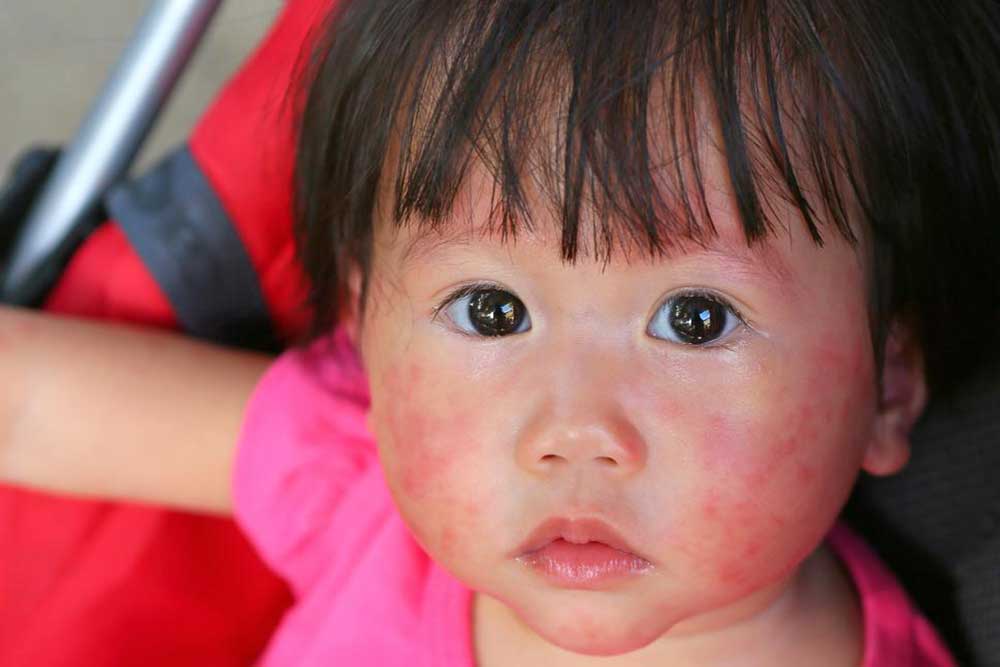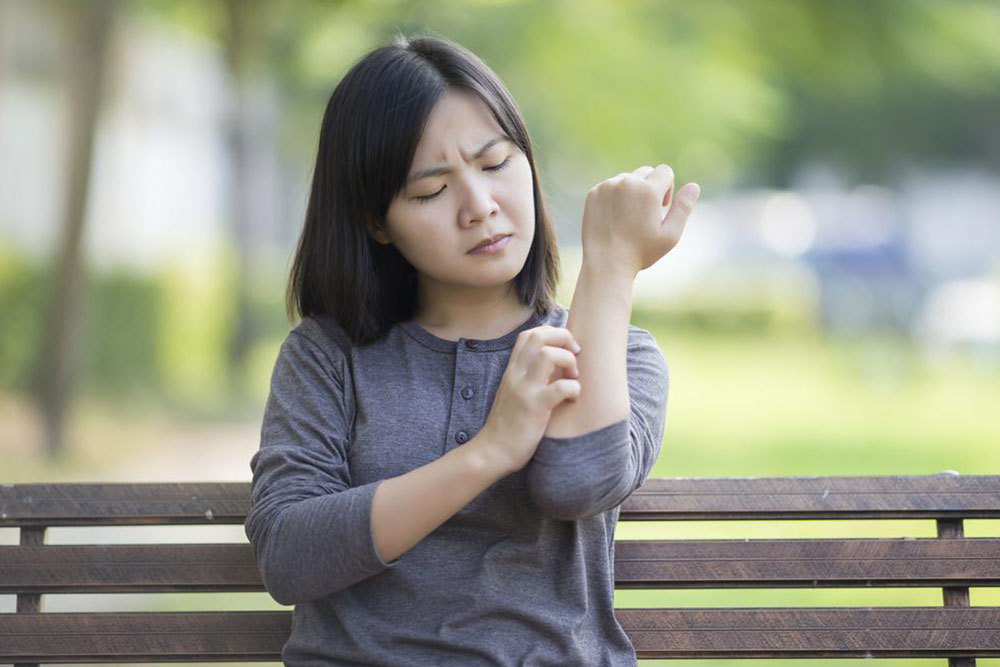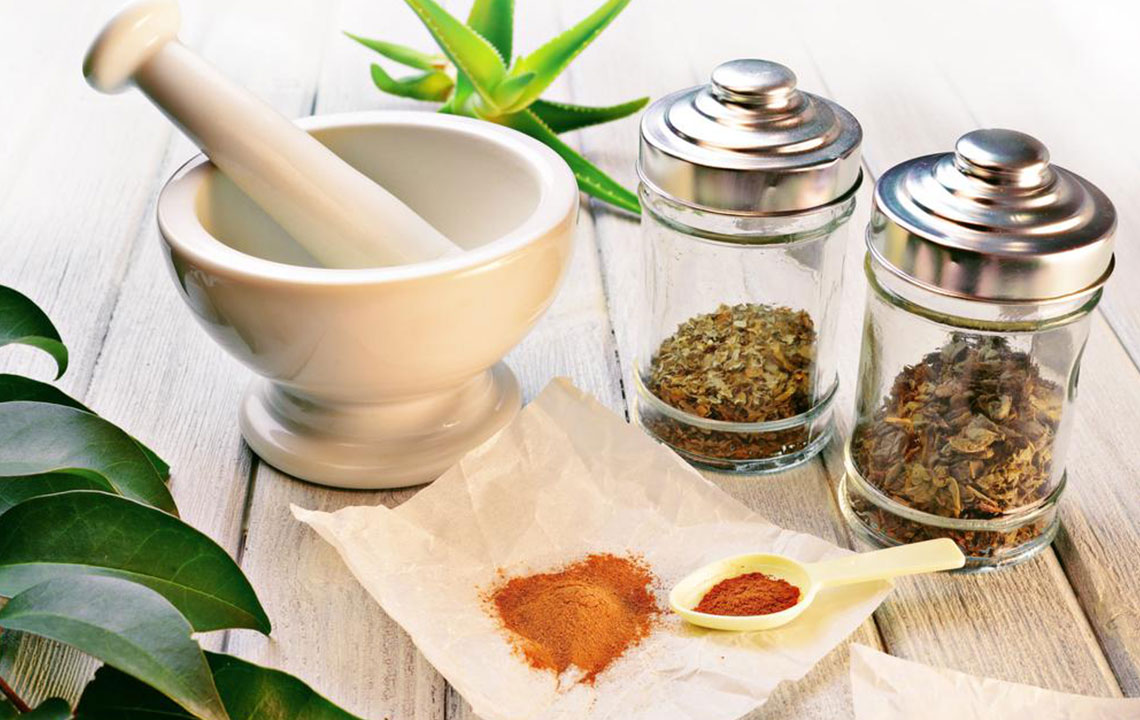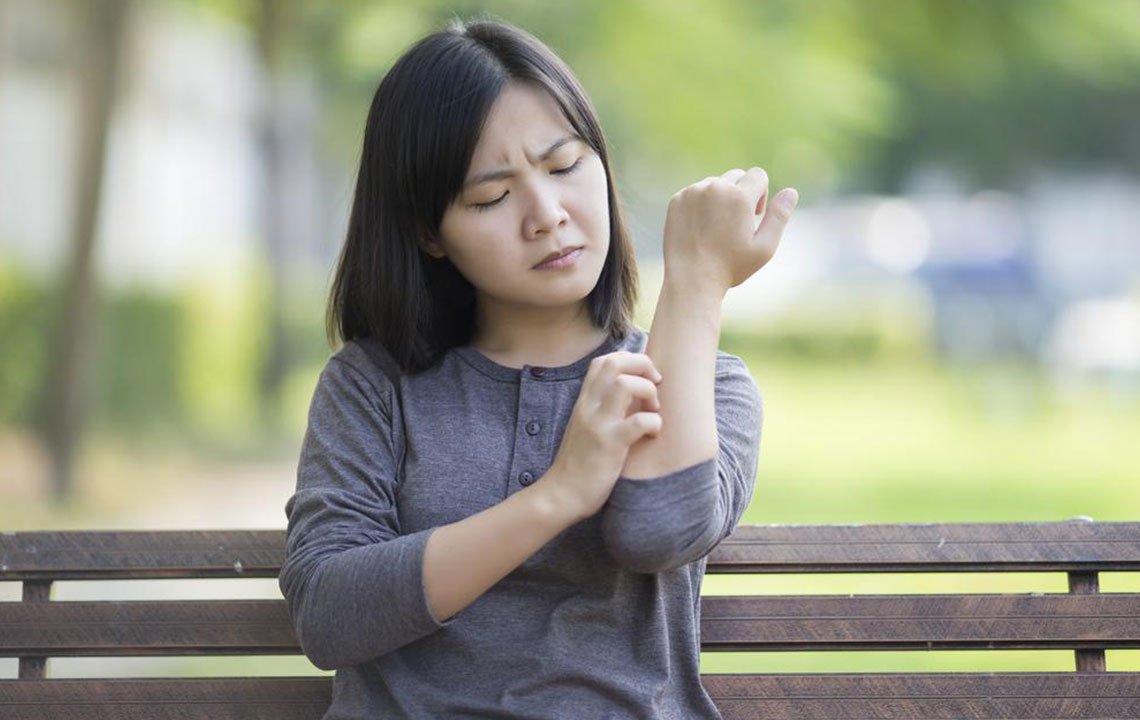Ultimate Guide: Top Natural Treatments for Skin Rashes and Allergic Reactions
This comprehensive guide explores the top natural remedies for skin rashes and allergic reactions. It covers practical methods like cool compresses, oatmeal baths, baking soda soaks, and topical treatments, all aimed at providing fast relief and promoting skin healing. Suitable for those seeking safe, effective, and natural solutions, this article offers detailed instructions and tips to manage allergic skin responses and maintain healthy skin. Discover how simple household ingredients can soothe irritation, reduce inflammation, and support skin recovery naturally and efficiently.
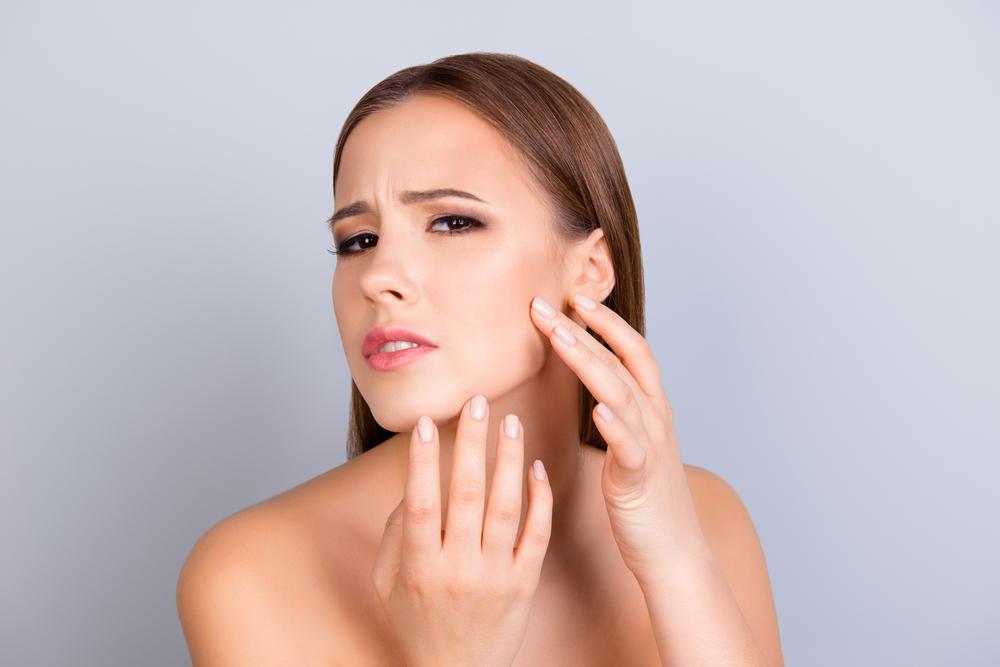
Comprehensive Natural Solutions for Skin Rashes and Allergic Skin Responses
Discover the Top 8 Home Remedies to Relieve Skin Rashes and Allergic Reactions
Skin rashes and allergic reactions are common issues that affect individuals across all age groups. These skin reactions can be caused by various factors, including allergic sensitivities, contact with plants like poison ivy, exposure to harsh chemicals, or environmental irritants. They often manifest as redness, itching, dryness, or swelling, leading to discomfort and sometimes even skin infections if not properly managed.
Fortunately, numerous natural remedies exist that can help soothe irritated skin, reduce inflammation, and promote healing without the need for pharmaceutical interventions. In this comprehensive guide, we will explore the most effective home treatments for skin rashes and allergies, offering practical advice on how to utilize these remedies safely and effectively.
1. Applying a Cool Compress for Immediate Comfort
One of the quickest ways to alleviate itching and reduce redness caused by allergic skin reactions is to apply a cool compress. When you experience a flare-up, the skin often becomes warm and inflamed. Applying a clean, cool, damp cloth or an ice pack wrapped in a cloth can help constrict blood vessels, decrease inflammation, and numb nerve endings responsible for itching. This simple technique provides fast relief, especially during sudden flare-ups triggered by contact with irritants or allergens.
To enhance the benefit, use the compress for 10-15 minutes at a time and repeat as needed. If using ice, ensure it is wrapped to prevent frostbite. This method is particularly effective for skin reactions caused by contact dermatitis, insect bites, or minor burns.
2. Soothing Oatmeal Baths to Calm Inflamed Skin
Oatmeal has been used for centuries as a natural remedy for skin ailments due to its anti-inflammatory and moisturizing properties. Taking an oatmeal bath can significantly reduce irritation, soothe itching, and promote healing of inflamed skin. Colloidal oatmeal, which is finely ground oats that dissolve in water, helps create a protective barrier on the skin, locking in moisture and calming irritated tissues.
To prepare an oatmeal bath, add about two cups of colloidal oatmeal to a warm bath and soak for approximately 20-30 minutes. Use lukewarm water, as hot water can exacerbate inflammation and dryness. This method is especially beneficial for conditions like eczema, psoriasis, or dermatoses caused by allergic responses. Over-the-counter products such as Aveeno or Neosporin Eczema Essentials contain colloidal oatmeal and can be incorporated into your skincare routine for added relief.
Following the bath, gently pat the skin dry and apply a moisturizer to seal in moisture and enhance healing.
3. Baking Soda Baths for Itch Relief
Baking soda, also known as sodium bicarbonate, is a mild alkaline substance that can alleviate itching and reduce skin inflammation effectively. Adding baking soda to a cool bath creates an environment that neutralizes skin pH, providing soothing relief from itchy, inflamed skin caused by allergies or irritation.
To create a baking soda bath, dissolve one cup of baking soda in a bathtub filled with cool water and soak for about 20-30 minutes. The cool temperature helps counteract warmth and inflammation, while the baking soda minimizes itching and discomfort. Use this remedy for allergic rashes, insect bites, or minor skin irritations, especially during flare-ups.
Ensure to rinse off thoroughly after the soak and moisturize the skin to prevent dryness.
4. Calamine Lotion for Quick Symptom Relief
Calamine lotion is a well-known topical treatment for relieving skin irritation and itching caused by allergic rashes, poison ivy, or insect bites. Its cooling effect provides immediate comfort and reduces inflammation on contact. Calamine contains zinc oxide, which helps dry out oozing rashes and forms a protective barrier against further irritation.
Apply a generous layer of calamine lotion to the affected area, reapplying as needed to maintain relief. Many brands, including Walgreens Calamine Lotion, are readily available and recommended by dermatologists for treating minor skin allergies and irritations. Be sure to follow the product instructions and avoid applying on broken or infected skin.
5. Using Humidifiers to Maintain Skin Moisture
Dry air can exacerbate skin rashes and cause further dehydration of the skin, leading to increased irritation and discomfort. Using a humidifier adds moisture to the indoor environment, which helps keep the skin hydrated, especially during winter months or in dry climates.
Proper humidity levels, ideally between 40-60%, reduce skin dryness and promote healing. For best results, increase humidity in bedrooms or living spaces where skin irritation is persistent. Some advanced humidifiers also include features that purify the air, providing additional health benefits.
Maintaining skin hydration through humidification is a non-invasive, natural way to prevent the recurrence of dermatitis and allergic reactions related to dry skin.
6. Regular Use of Moisturizers for Skin Repair
Applying high-quality moisturizers is a cornerstone of managing skin rashes and allergic reactions. Moisturizers help reinforce the skin’s barrier, prevent moisture loss, and soothe dry, irritated skin. It's important to choose products that are free from fragrances and harsh chemicals, especially if you have sensitive or allergic skin.
Options like Eucerin, Aveeno, or Cortizone-10 are highly recommended for their gentle and effective formulations. After bathing or applying remedies, generously apply moisturizer over the affected areas and cover with clothing or socks to enhance absorption and prolong hydration.
Consistent moisturizing accelerates healing and minimizes the risk of secondary infections caused by scratching or broken skin.
7. Hydrocortisone Cream for Persistent Itchiness
For stubborn or intense itching, over-the-counter hydrocortisone cream offers anti-inflammatory benefits that significantly reduce swelling and irritation. Hydrocortisone works by suppressing immune responses that cause allergic skin reactions, making it suitable for short-term use to control flare-ups.
Apply the cream as directed to clean, dry skin, typically 1-2 times daily. Avoid prolonged or excessive use to prevent skin thinning or other adverse effects. This treatment is particularly effective in managing eczema, contact dermatitis, and allergic reactions that do not resolve with basic remedies.
Consult your healthcare provider if symptoms persist or worsen.
8. Apple Cider Vinegar for Balancing Skin pH and Reducing Allergies
Apple cider vinegar (ACV) possesses natural antimicrobial, anti-inflammatory, and pH-balancing properties that can help mitigate allergic skin reactions and dry skin. Its acetic acid content helps fight bacteria and restore the skin’s natural acidity, which is essential for barrier function and preventing infections.
To use ACV, dilute a tablespoon in a cup of water and apply it to affected areas using a cotton ball or gauze as a compress. Alternatively, for scalp or larger areas, add a small amount of ACV to a bathwater rinse. Be cautious to patch-test first to ensure your skin tolerates it, especially if the skin is broken or severely irritated.
Brands like HealthViva or American Garden offer pure, organic ACV that can provide added benefits with fewer contaminants. Regular application can help draw out toxins, soothe inflammation, and restore the skin’s natural pH balance.
If you are experiencing persistent skin rashes or allergic reactions, these natural remedies offer effective relief and promote skin health. Always consult a dermatologist if symptoms worsen or do not improve with home treatments, and ensure safe application to prevent further skin irritation or infection.

